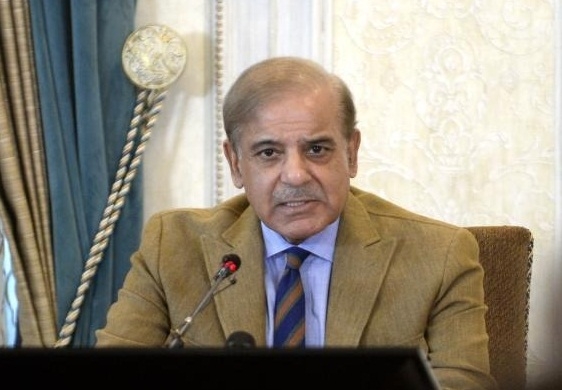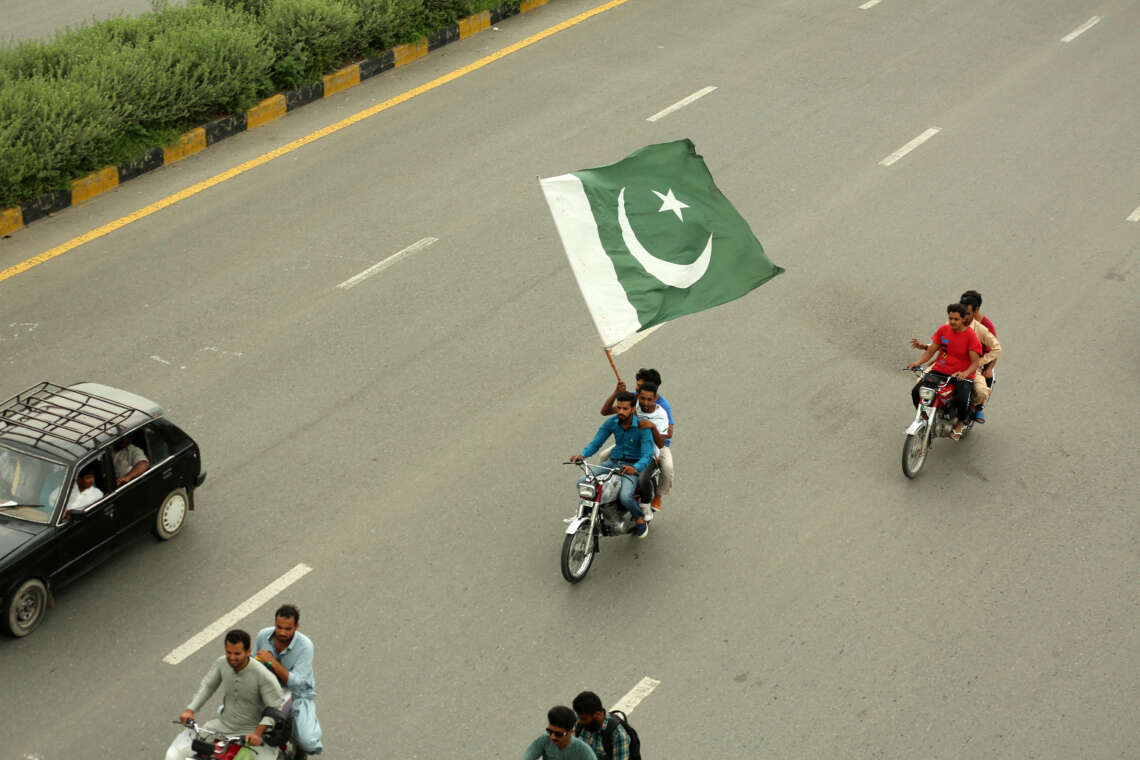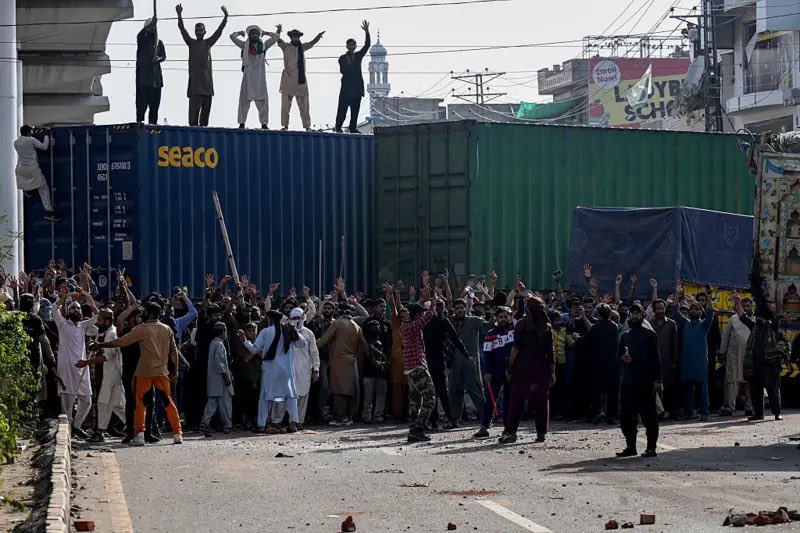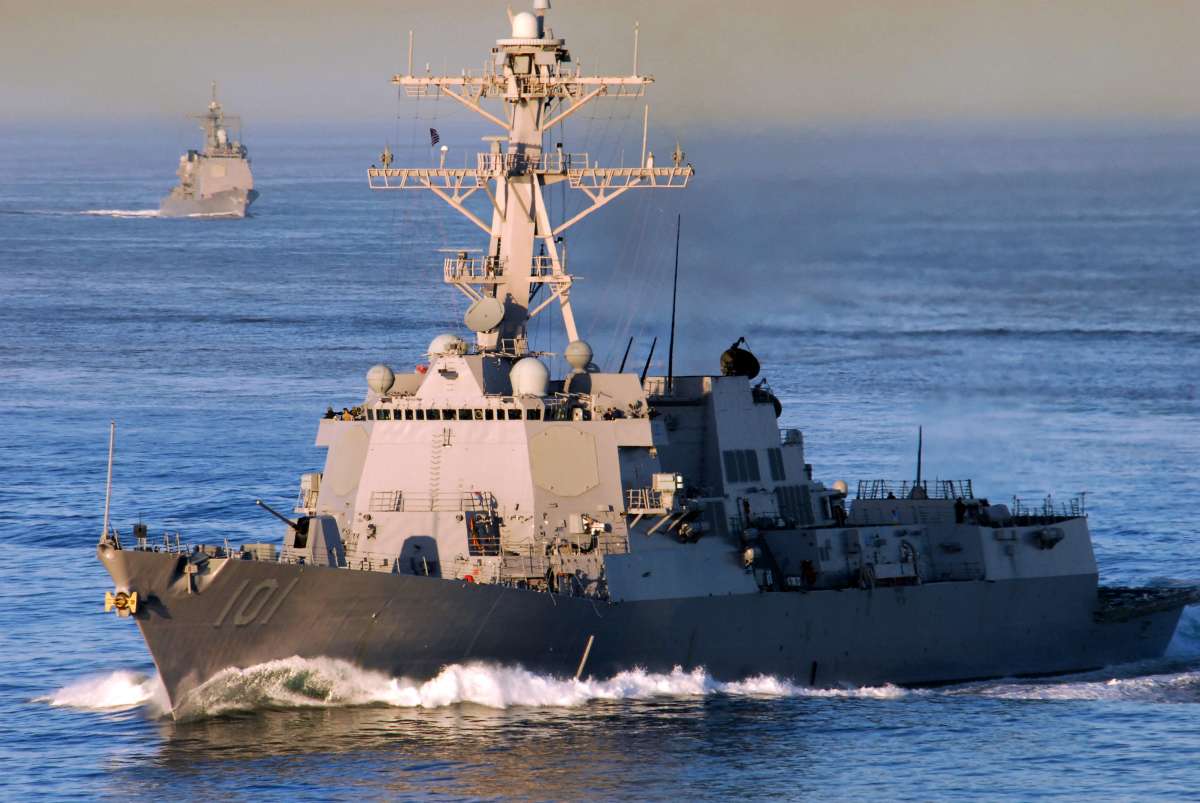The report indicated that Pakistan will not proceed with the project as long as US sanctions on Iran persist…reports Asian Lite News
Under the weight of US sanctions against Iran, Pakistan has reportedly abandoned a multi-billion dollar gas pipeline project intended to import inexpensive energy from neighboring Tehran, according to local media reports on Monday.
The gas pipeline project was originally conceived as a trilateral venture that also included India. However, India later withdrew, leaving Pakistan and Iran as the remaining participants. The US-imposed sanctions on Iran due to its nuclear program have dissuaded Pakistan from pursuing the construction of the pipeline, as reported by the Dawn newspaper.
According to the report, Pakistan had issued a notice of ‘Force Majeure and Excusing Event’ to Iran to suspend its contractual obligation on completion of the multi-billion-dollar Iran-Pakistan (IP) gas pipeline project because of external factors outside Islamabad’s control.
The report indicated that Pakistan will not proceed with the project as long as US sanctions on Iran persist, unless Washington provides approval to proceed. The project has remained stalled for nearly a decade, despite the country grappling with severe energy shortages.
“Pakistan has issued a Force Majeure and Excusing Event notice to Iran under the Gas Sales and Purchase Agreement (GSPA), which resultantly suspends Pakistan’s obligations under the GSPA,” according to a written testimony Minister of State for Petroleum Musadik Malik has given to the National Assembly.
In a policy statement, the Pak minister also put on record that Iran disputed the notice of force majeure and excusing event. This came in response to questions from lawmakers, who wanted to know if the government of Pakistan had a target completion date for the cross-border energy project and whether fines were due in case of delays and if other regional nations were enhancing trade ties despite UN sanctions.
“The Iran Pakistan Gas Pipeline Project is stalled due to international sanctions on Iran,” said Malik clarifying the project activities will begin once sanctions on Iran are removed and there is no threat that State Owned Entities (SOEs) would be hit by sanctions. “Given that, no date and deadline can be given for the completion of the Iran-Pakistan Gas Pipeline Project,” he added.
The minister also conceded that Pakistan’s notice of force majeure and excusing event and Iran disputing its validity could only be finally settled through international arbitration, should Iran take this matter to arbitration. As a consequence, “the exact amount of penalty, if any, is subject to the outcome of the arbitration to be determined by the arbitrators”, he said.
Last week, Iranian Foreign Minister Hossein Amir Abdollahian underscored the project’s importance during his visit to Pakistan. Tehran claims to have finished its 1,150-kilometer pipeline segment, marked by a 2013 groundbreaking ceremony attended by former presidents Asif Ali Zardari and Mahmoud Ahmadinejad.
Pakistan, pledged to complete its portion by January 2015, later halted progress in February 2014 due to international sanctions. Musadik Malik, the current petroleum minister, noted Pakistan’s commitment to its obligations under the GSPA but cited US sanctions on Iran as the obstacle to pipeline construction.














